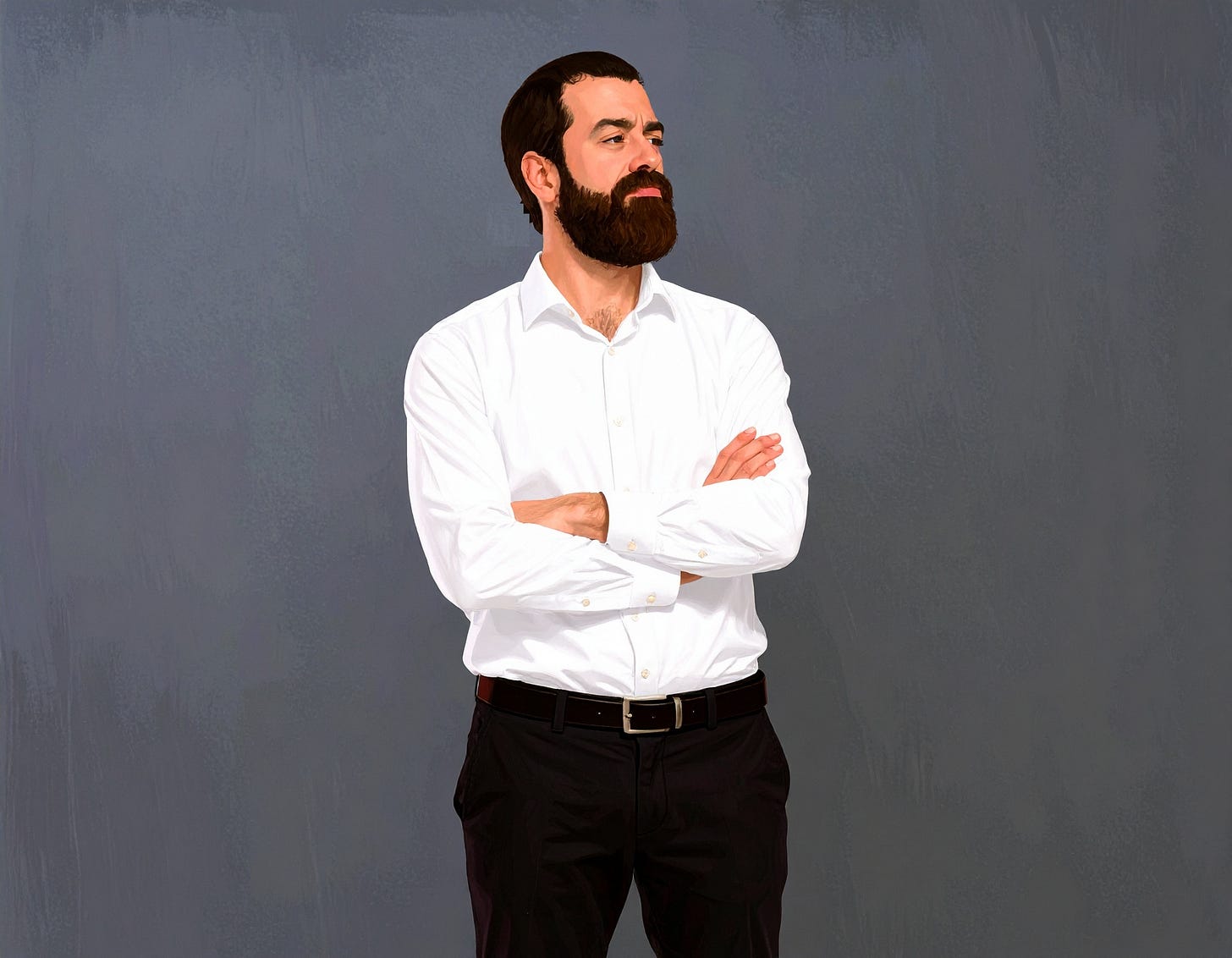The "Non-Charedi" Argument against IDF service
Which turns out to be non-non-charedi
I’ve written countless posts (many indexed here) refuting various charedi arguments against army service. Many of them involve alleged Torah sources that turn out to be completely misinterpreted (and at the end of this post you can freely download the latest edition of Emes Ne’ederes, an English work by R. Moshe Klausner which goes through each source). Some arguments involve a claim about “Torah protecting,” which can be shown to not only have zero basis in classical Judaism, but also something that charedim themselves don’t treat as a serious belief. And I also dedicated a post to several refutations of the common claim that the spiritual danger of IDF service is a justification not to participate in it.
In this post, I’d like to address a different argument that I recently heard from several people, and which professes to be nothing to do with religion. The argument is that they do not serve due to very serious problems with the army itself. They variously speak about such things as improper treatment of soldiers’ needs, irresponsible decisions made regarding soldiers’ lives, or an approach to the current war which they believe to be problematic.
All the people making this argument consider it be a sheer coincidence that they are all charedi. But in fact it’s fundamentally related.
Do they really think that they are the only ones who have issues with the army?! No organization is perfect and the army is certainly no exception. Do they think that parents of soldiers never have complaints about how their kids are treated?! And if you’re not a supporter of the current government, then you likely have very serious issues with some of the current IDF operations!
But everyone agrees that we need an army, to defend us on many fronts (not just Gaza!). And everyone else (except charedim) is participating in the army. So what’s the justification not to participate, and leave it to everyone else to have even more on their shoulders?!
That’s why everyone else in Israel, even if they have serious criticisms of the IDF, even if they are opponents of whatever government happens to be in power, still serve.
This argument is therefore nothing more than a non-religious application of the basic problem with charedi society. They think about things from the perspective of whether it suits them, rather than from the perspective of national responsibility. They do not care to think about how their lifestyle impacts non-charedim.




Rav Slifkin,
When I read you I have the same feelings of despair, frustration, and foreboding as I imagine I’d have listening to Yirmyahu back then. What you write is clear and convincing— and just as unlikely to convince those who most need to truly hear you as it was in Yirmyahu’s day.
Keep writing and warning with a courage and fortitude that hopefully will give your readers such as me the חיזוק we need.